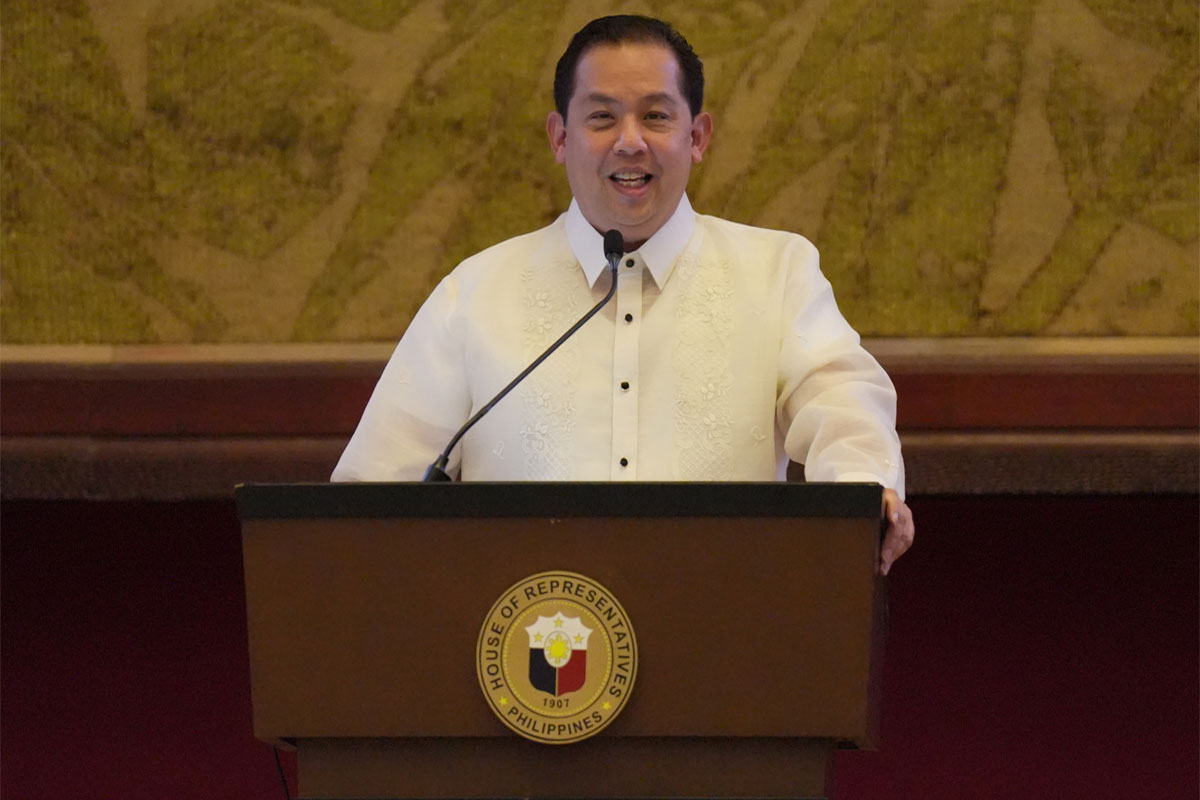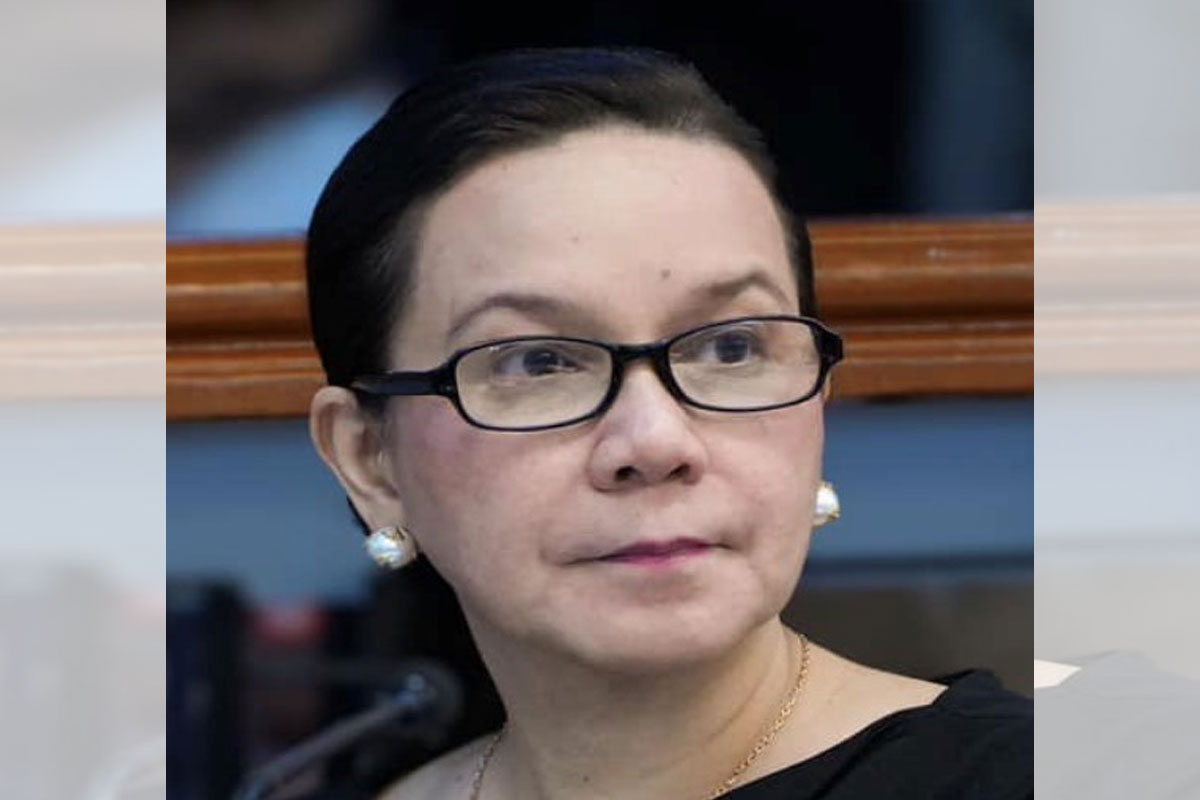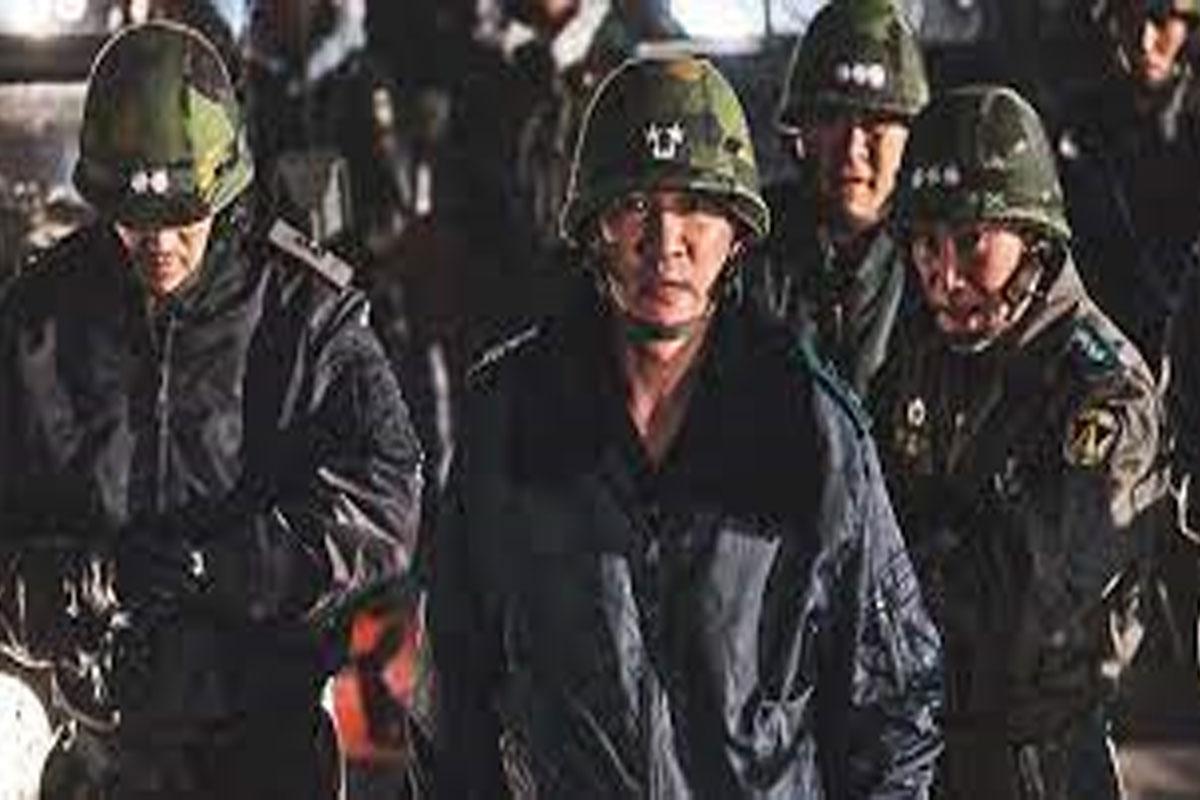
Review of quiet drama about unconsummated live, ‘Past Lives’
SO many folks recommended to us the Korean film, ‘Past Lives’, so we went to see it and it turns out it’s not really pure Korean. This is the directorial debut of Celine Song, who was born in South Korea but moved to Ontario, Canada when she was 12. She is a playwright and also writes for TV, the action-fantasy series “The Wheel of Time” in Amazon Prime. She is now based in the U.S.A.
“Past Lives” stars Greta Lee and Teo Yoo in the lead roles. Greta was born and raised in Los Angeles and has done TV series like “Russian Doll” and “Morning Show”. Teo Yoo was born and raised in Germany then went to the U.S. to study acting and is best known for the musical film “Leto”.
“Past Lives” is the story of childhood friends Na Young and Hae Sung. We first meet them as 12 year old students in Korea who are classmates and both at the top of their class. They walk home together every day. It’s obvious they have puppy love for each other but they never got to articulate it.
Na Young’s family migrated to Canada, she chooses a new western name, Nora, and loses touch with Hae Sung. 12 years later, they meet each other again on the internet and get to communicate regularly through Skype.
They’re apparently attracted to each other as they chat constantly online. Both want to visit each other, but Nora gets busy with her work as a playwright in New York while Hae Sung, an engineer, is going to China for work and learn Mandarin.
Nora recognizes the futility of a long distance affair and suggests that they no longer communicate with each other. She just wants to focus on her writing. And so they lose touch once again.
While attending a writers workshop, Nora meets Arthur (John Magaro, “Overlord”, “First Cow”) and 12 years pass again, and they’re already married to each other.
In one scene, Nora tells her husband about “In Yeon”, a Korean belief where lovers are people who have met each other before in their past lives (something like the Viva movie, “Sa Muli”.) Nora says she doesn’t really believe in it as it’s just something Koreans say to seduce other people.
After another 12 years, they see each other again when Hae Sung comes to New York. Hae Sung brings up the concept of “In Yeon” and wonders if they were also related to each other in their past lives.
The movie is about what ifs so they also wonder what if Nora never left Korea and they ended up with each other. It’s about fate, destiny and the decisions that we make in life.
“What Ifs” have been the subject of many past films showing alternate realities, including the 1946 Christmas classic “It’s a Wonderful Life”, “The Family Man”, “Sliding Doors” and “Mr. Destiny”.
We think a lot of people liked “Past Lives” because it’s a study of missed opportunities, sad longing and an unfulfilled love affair. The treatment of the film is so bitter sweet and many of the poignant emotions shown can easily make a connection to lovers who have similarly loved and lost.
The style chosen by Celine Song in telling the story is based on lingering, lengthy takes with many quiet moments to savor the nuances of the relationship between the would be lovers who never were.
The best example is the final sequence when Hae Sung says a final goodbye and Nora walks with him to where he will wait for an Uber. It’s a long walk from Nora’s apartment and it’s a wordless but very pregnant scene.
Although they don’t talk, you can feel the unspoken emotional connection between them. When he has left in the Uber, Nora walks to her apartment and her husband meets her and she just cries and cries in his arms. The end.
It reminds us of what is Wong Kar Wai’s best film for us, “In the Mood for Love”, which is also about unfulfilled love. It evokes the same feelings of not having an unconventional ending that is not the usual happily ever after.
But as it is, Nora says she is very happy with her husband. And she should be, as this Jewish guy is so supportive of her and never even gets jealous or suspicious about her connection with Hae Sung. She should then just realize that she can never have her cake and eat it too. She should just be contented with her husband.
Both Greta and Teo deliver touching performances, conveying things not in their dialogue but which you can read in their body language. Their repressed anguish and understated emotions about their cosmic connection remind us of Anthony Hopkins and Emma Thompson in “The Remains of the Day”.
But Song underlines her own preference, Michel Gondry’s “Eternal Sunshine of the Spotless Mind”, about memories being erased, and its film clip is even shown in the movie.





























